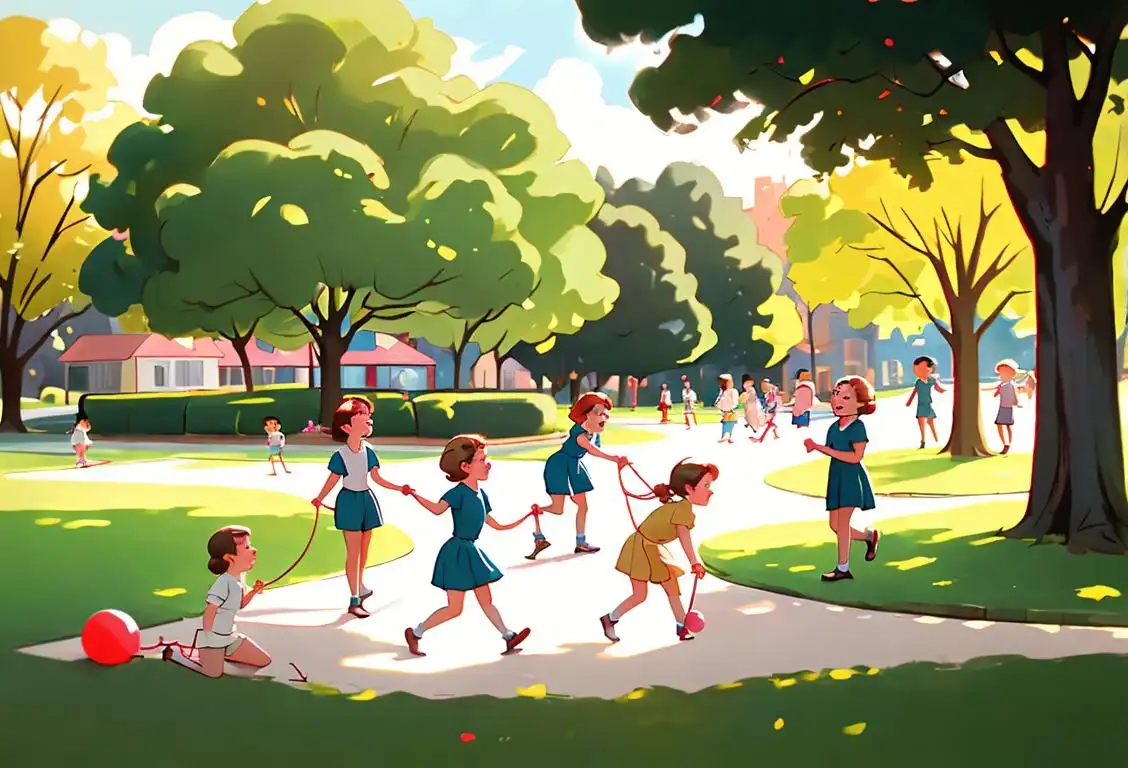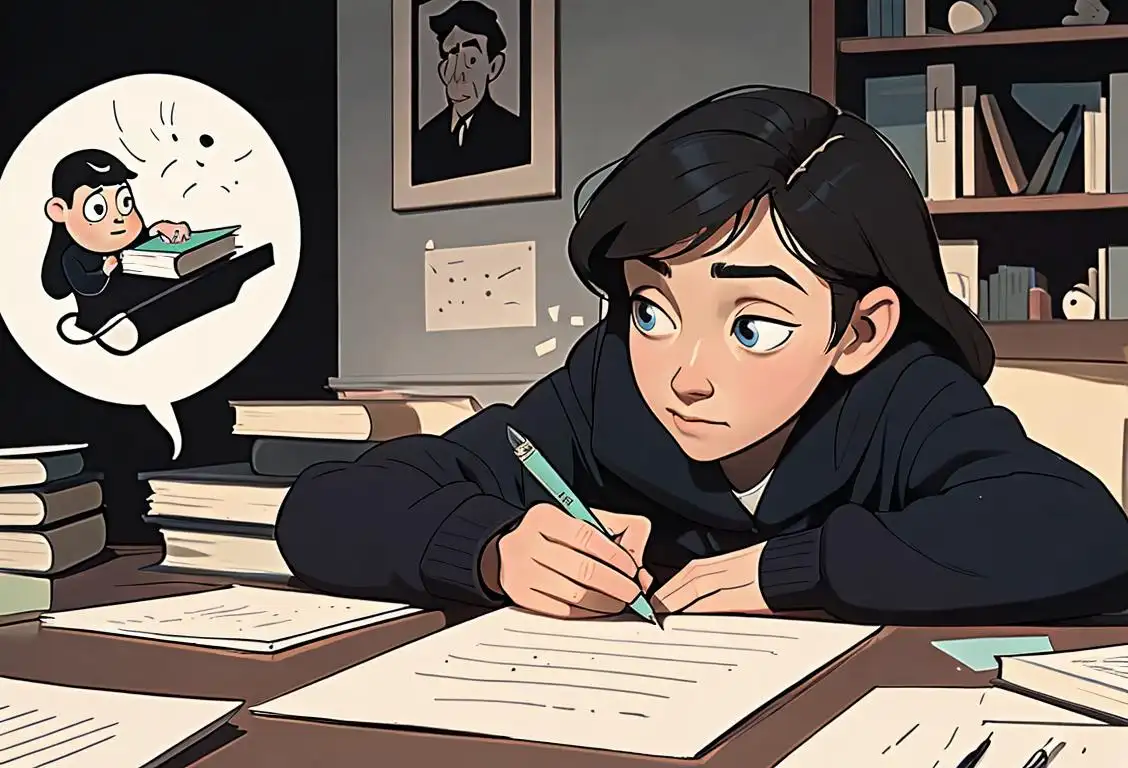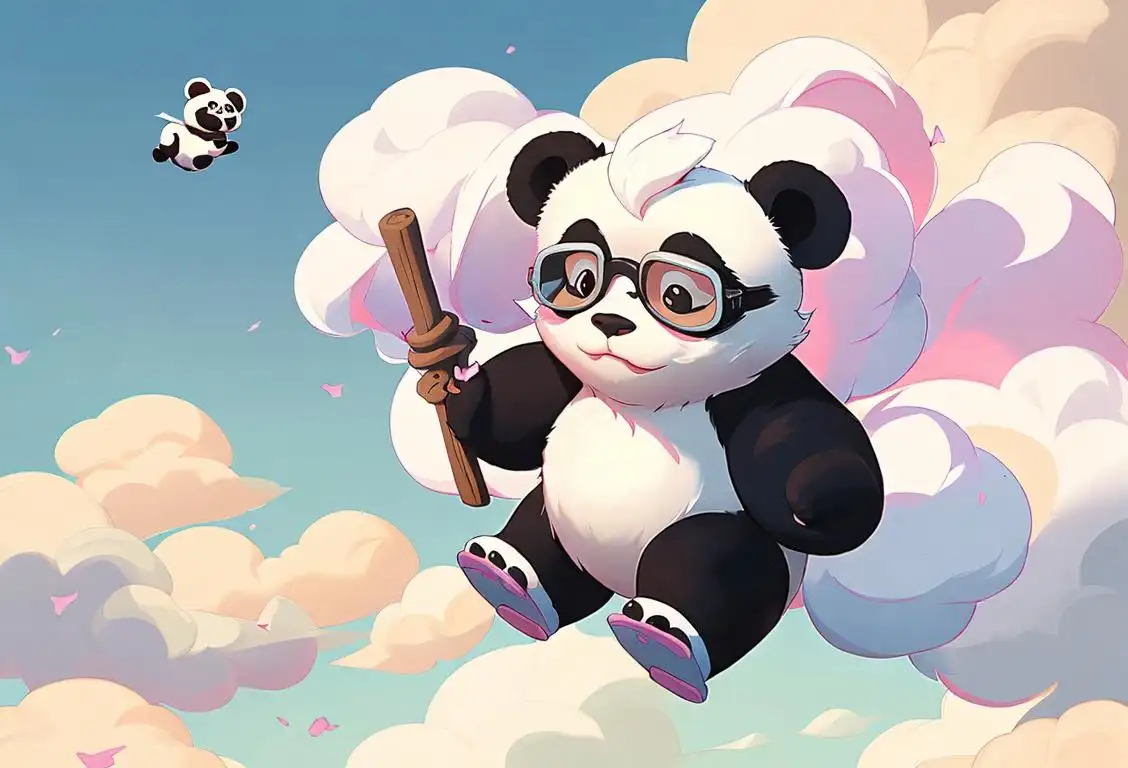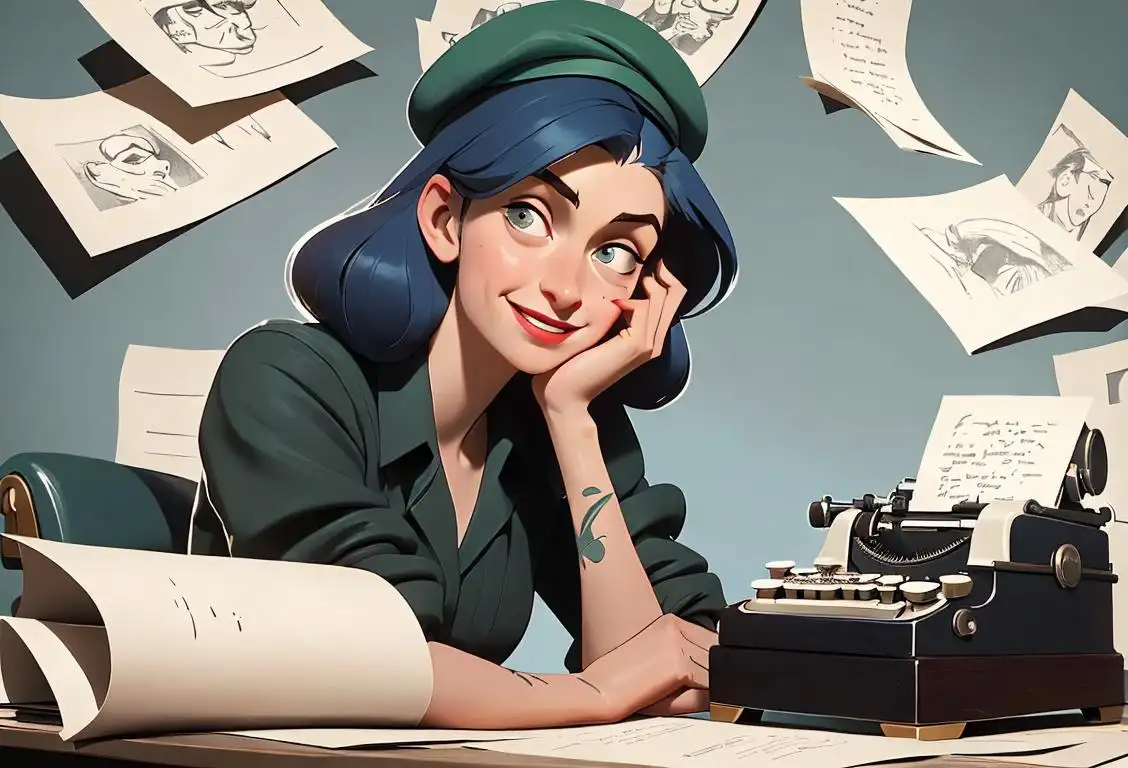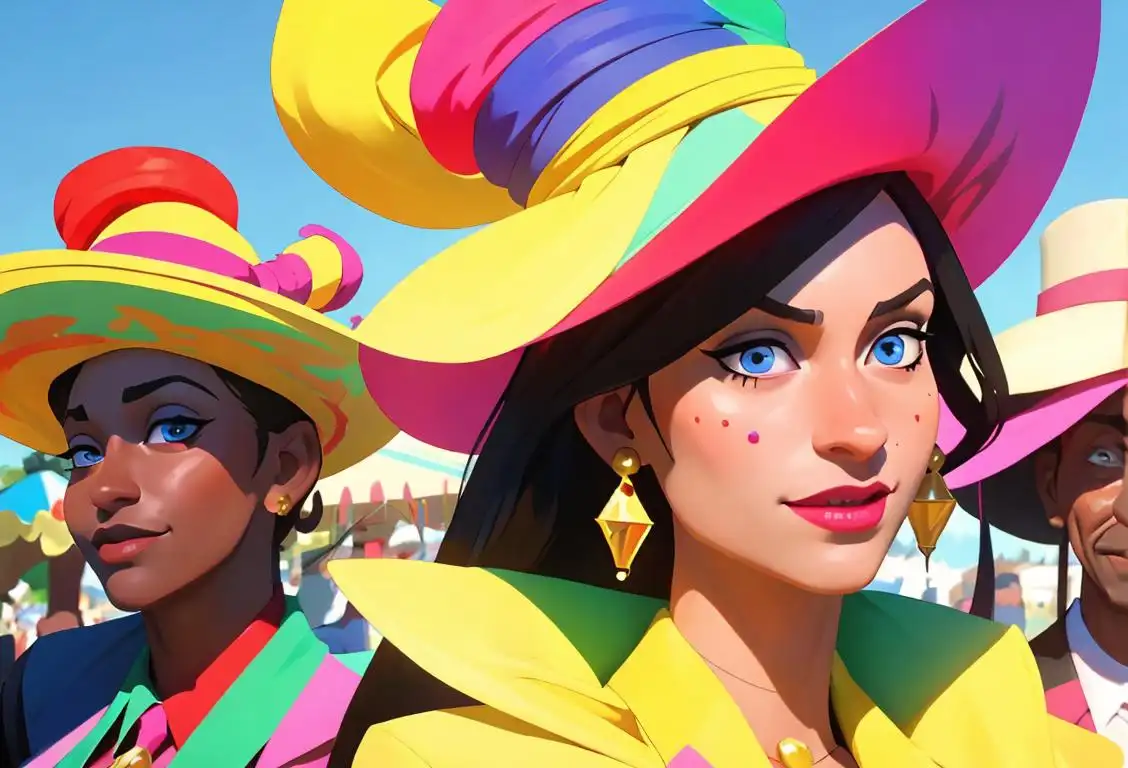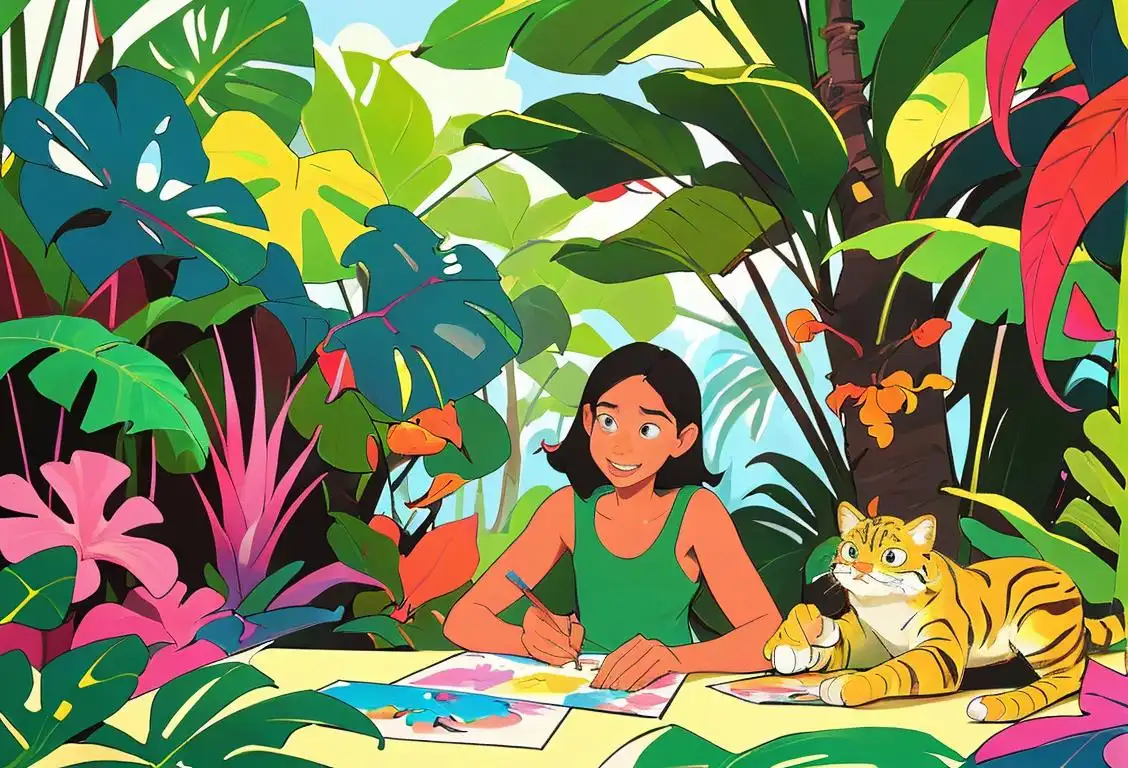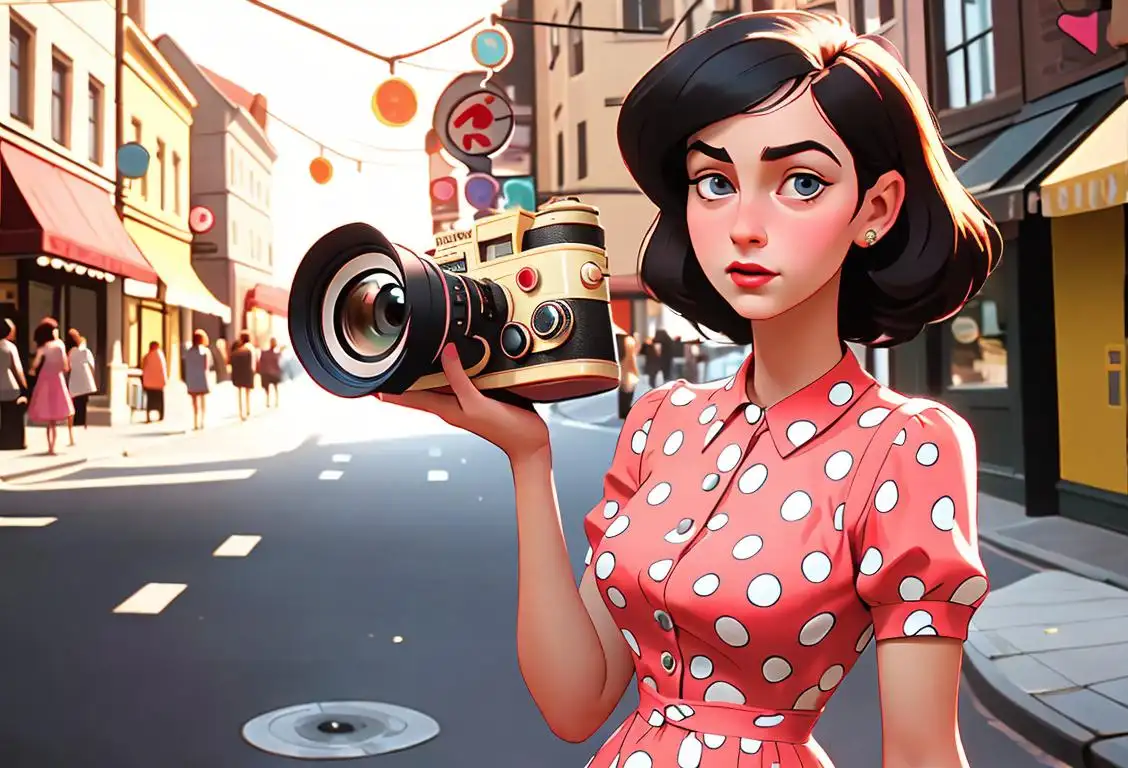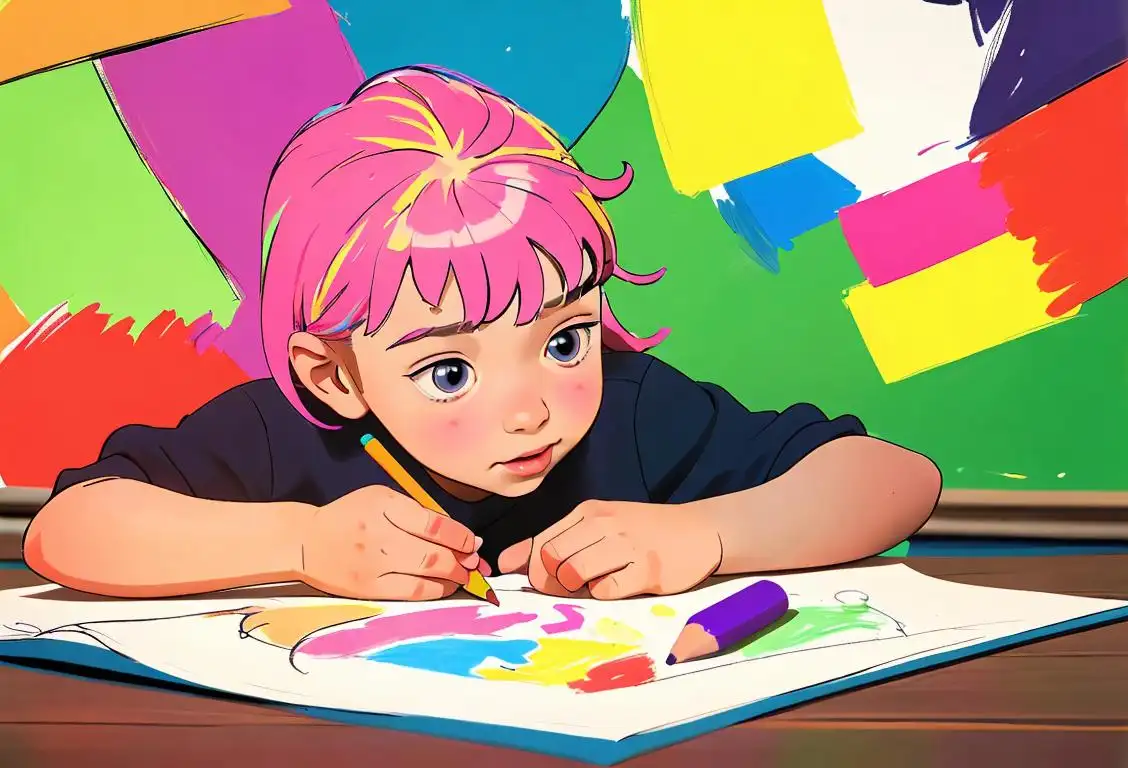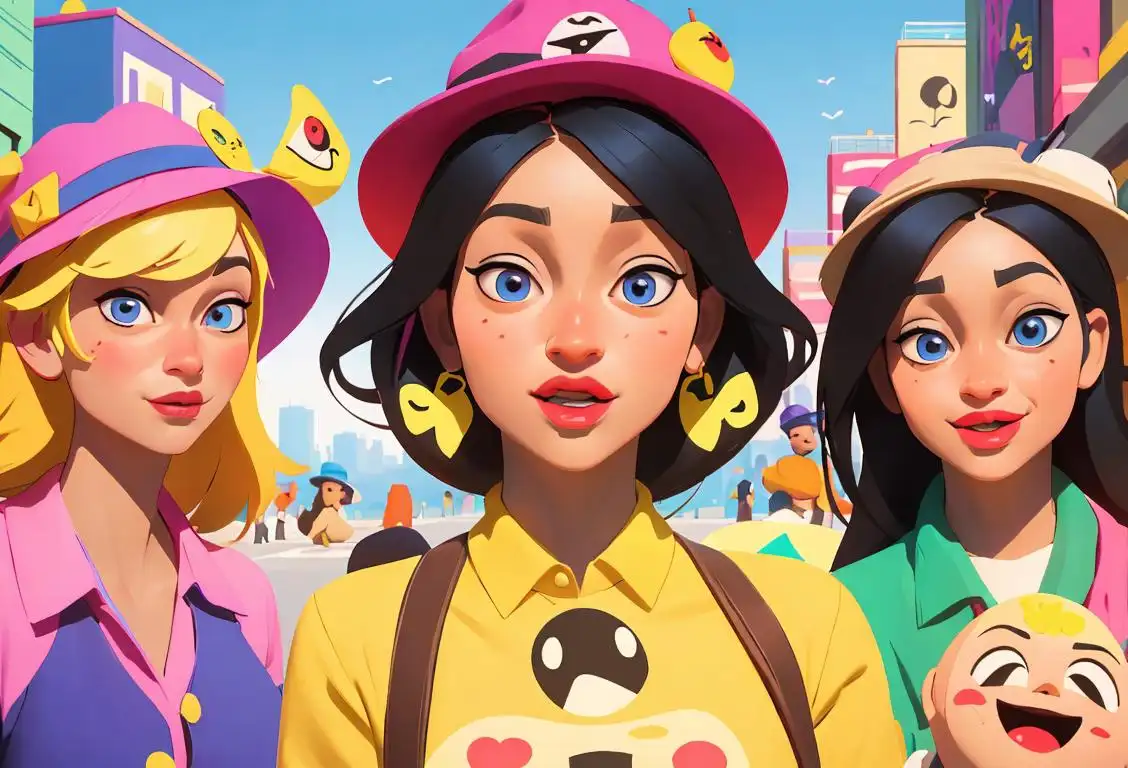National Imagination Day
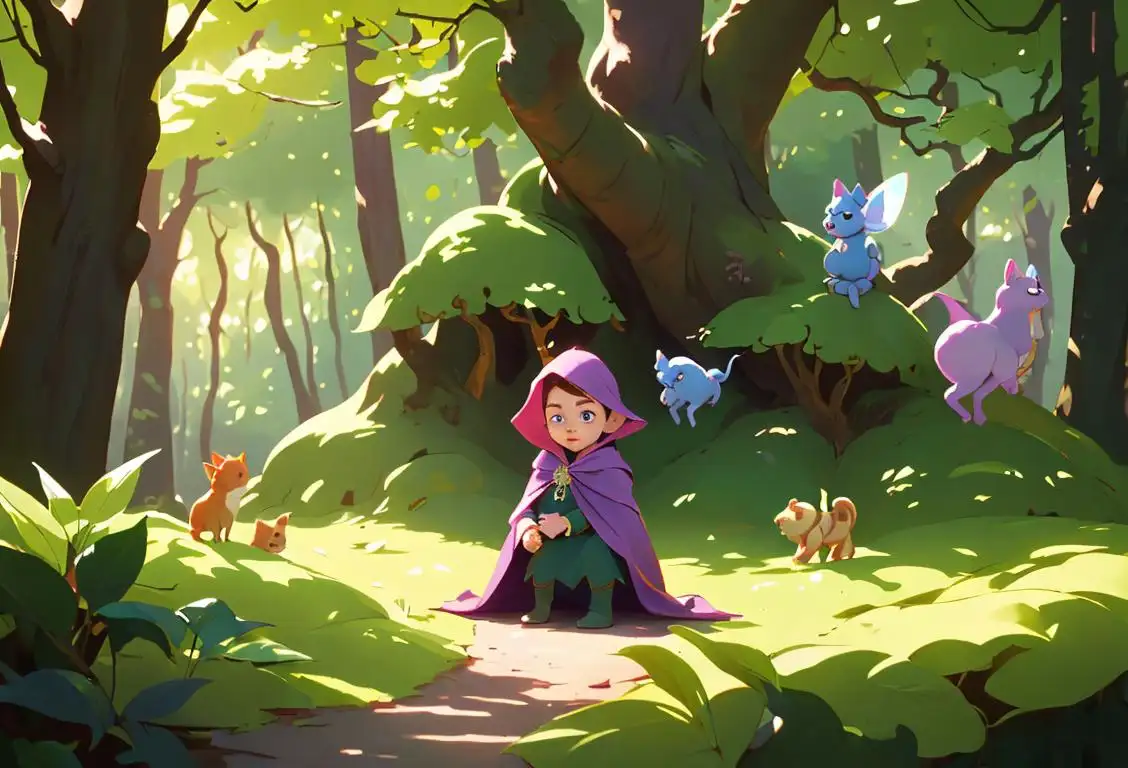
Welcome to National Imagination Day! Get ready to let your mind run wild and explore the vast realm of imagination. This special day is celebrated on November 21st and encourages people of all ages to tap into their creativity and embrace the power of imagination. So, put on your thinking caps and let's embark on an imaginative journey!
When is Imagination Day?
It's national imagination day on the 21st November.
Unleashing the Power of Imagination
Have you ever daydreamed about exploring distant galaxies, or envisioned a world where animals could talk? Well, National Imagination Day is all about turning those whimsical thoughts into reality (okay, maybe not the talking animals part, but you get the idea!). It's a day to celebrate the incredible power of the human mind and all the extraordinary things it can create.
Imagination is like a muscle – the more you use it, the stronger it becomes. It allows us to think outside the box, come up with innovative ideas, and solve problems in creative ways. It's the fuel for invention, art, literature, and even scientific discoveries. So, let's take a moment to appreciate the wonders our imagination has brought into the world.
Let Your Imagination Take Flight
Feeling inspired? Great! National Imagination Day is the perfect time to unleash your creativity and try something new. Here are a few imaginative activities you can engage in:
- Writing: Grab a pen and paper (or a keyboard) and let your imagination flow through storytelling or poetry.
- Artistic Expression: Pick up some paintbrushes, colored pencils, or clay and let your imagination manifest itself in beautiful artwork.
- Daydreaming: Let your mind wander to new places, scenarios, and possibilities. Who knows what you might discover in the depths of your imagination?
- Role-Playing: Dress up as your favorite character, step into their shoes, and see the world from a whole new perspective.
Did You Know?
Did you know that the concept of National Imagination Day originated from the world of the internet? People from all corners of the web came together to honor the awe-inspiring power of our imaginations. Since then, it has become a beloved celebration cherished by dreamers far and wide.
History behind the term 'Imagination'
4th century BC
Emergence of Imagination
The term 'imagination' originates from the Latin word 'imāginārī', which means 'to picture oneself'. In ancient Greece, philosophers such as Plato and Aristotle mentioned the concept of imagination as a faculty of the human mind. They believed that imagination allowed people to form mental images of things that were not present in their immediate surroundings. This marked the early recognition of imagination as a cognitive ability.
13th century
Imagination in Medieval Literature
During the Middle Ages, imagination played a significant role in literature and religious texts. In Dante Alighieri's epic poem 'Divine Comedy', written in the early 14th century, imagination was portrayed as a powerful tool of storytelling and spiritual reflection. Imagination was believed to bridge the gap between the physical world and the realm of ideas, giving writers and thinkers the ability to convey abstract concepts in a relatable manner.
16th century
Imagination in Renaissance Art
The term 'imagination' gained prominence during the Renaissance period, when artists like Leonardo da Vinci and Michelangelo explored the idea of imagination in their works. Imagination was seen as a crucial aspect of artistic creation, allowing artists to visualize and bring to life ideas that existed only in their minds. This emphasis on imagination as a creative force revolutionized art and paved the way for the development of new techniques and styles.
18th century
Imagination in Romanticism
The Romantic era, which emerged in the late 18th century, celebrated the power of imagination as a means of transcending reason and logic. Poets like William Wordsworth and Samuel Taylor Coleridge valued imagination as a source of inspiration for their literary works. Imagination was regarded as a force that could unleash deep emotions, offer an escape from the constraints of society, and connect individuals to the natural world.
20th century
Psychology and Imagination
In the 20th century, the field of psychology began studying imagination and its psychological functions. Psychologist Carl Jung suggested that imagination played a vital role in the process of individuation, representing the integration of the conscious and unconscious mind. Imagination was recognized as a tool for personal growth, self-expression, and problem-solving. The concept of imagination expanded beyond artistic and literary contexts to encompass a broader understanding of its impact on human cognition and well-being.
21st century
Imagination in Digital Age
With the advent of the digital age, imagination has found new avenues for expression and creativity. The widespread availability of technology and online platforms has provided individuals with tools to manifest their imaginative ideas in various forms, such as multimedia, virtual reality, and video games. Imagination continues to play a pivotal role in fields like design, storytelling, and innovation, pushing the boundaries of what is considered possible and fueling human progress.
Did you know?
Did you know that the concept of National Imagination Day originated from the world of the internet? People from all corners of the web came together to honor the awe-inspiring power of our imaginations.Tagged
fun creativity imaginationFirst identified
21st November 2015Most mentioned on
21st November 2015Total mentions
7Other days
Unplugged Play Day
Write Down Your Story Day
Imagination Day
Flyer Panda Day
Limerick Day
Name Yourself Day
Coloring Book Day
Camera Day
Crayon Day
Emoji Day
